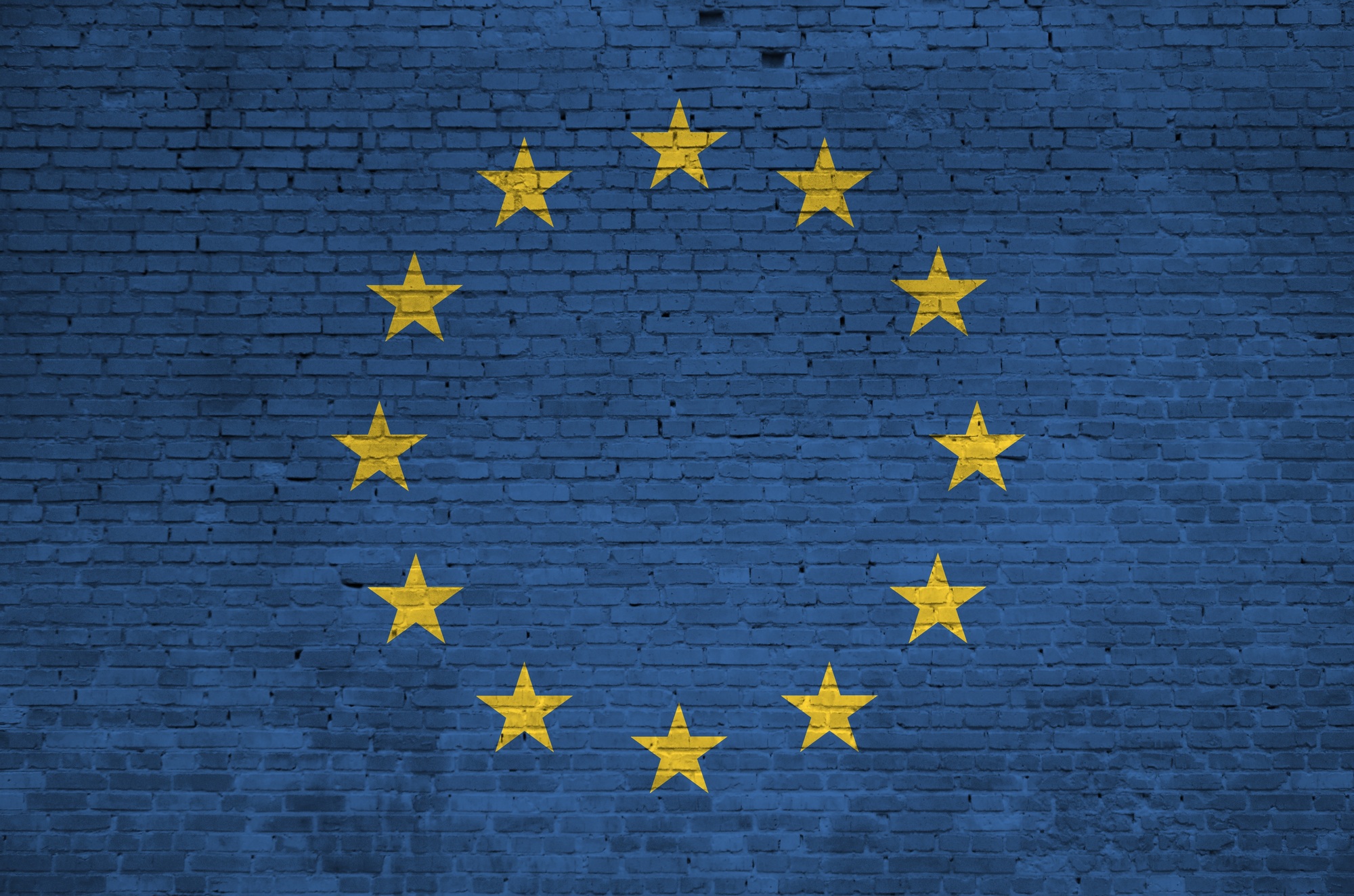Meta outlines early compliance with Australia’s social media age ban law
One month after Australia’s social media age ban for under-16s came into force, Meta has published an update on how it has implemented the law, the measures it is developing for age assurance, and its assessment of the law’s early impacts on young users.







